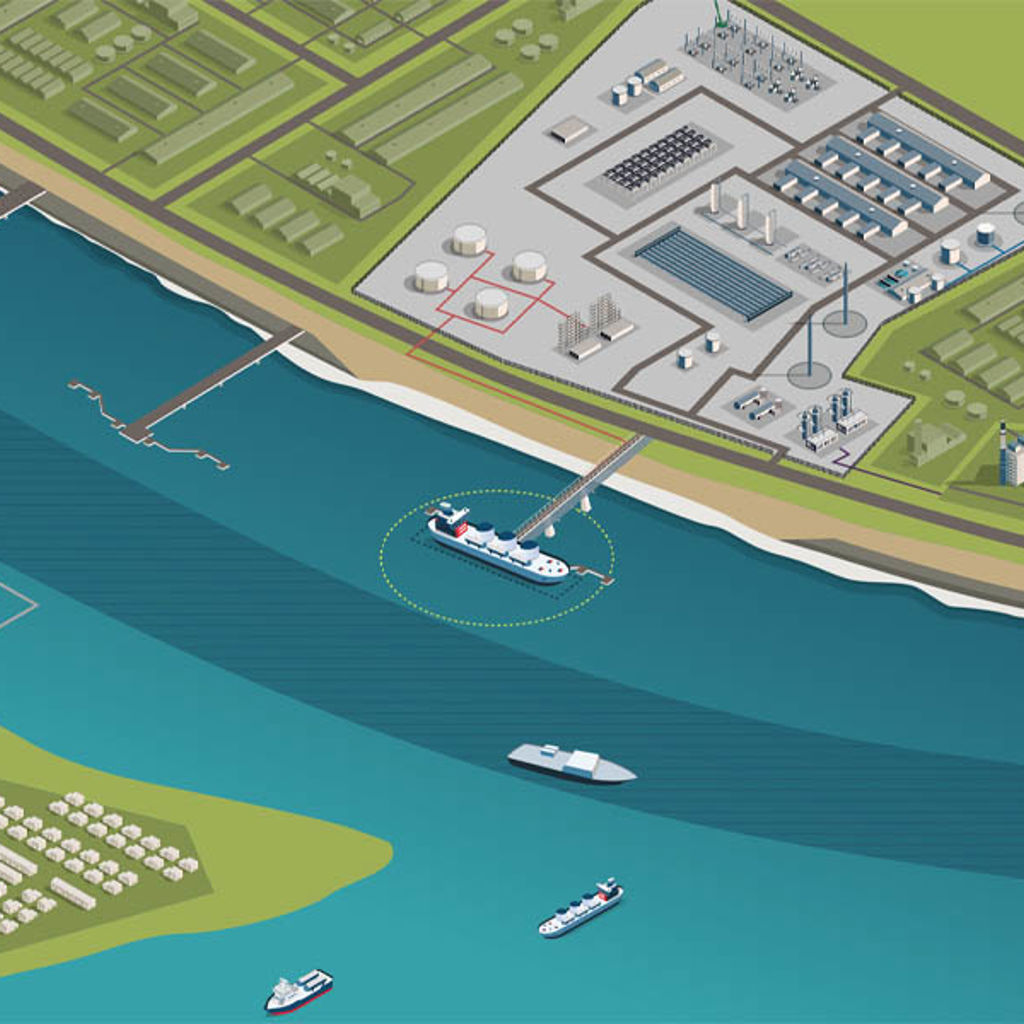According to estimates by the Global Ocean Commission, ocean resources contribute to the livelihoods of 350 million people. However, climate change, pollution and insufficient consideration for environmental and social sustainability are putting the ocean’s resources at risk, hampering the socio-economic benefits that the ocean could deliver for future generations.
The term ‘blue economy’ seeks to promote economic growth, responsible production and consumption, social inclusion, and the preservation or improvement of livelihoods from ocean resources, while at the same time ensuring environmental sustainability of oceans, coastal areas, and other waterfront spaces.
In 2020/21 Arup worked with the Western Indian Ocean Marine Science Association (WIOMSA) and UN-Habitat to examine the role of coastal cities with respect to the blue economy in eight countries of the Western Indian Ocean region. Extensive primary and secondary city research led to the development of six key reports.
Four city blue economy case study reports:
- Dar es Salaam
- Kilifi
- Mombasa
- Port Louis
- A status report: which outlines current blue economy challenges and opportunities in cities across the region; and
- A roadmap: which offers strategic guidance and recommendations to help Western Indian Ocean cities in current and future blue economy planning activities.
In 2022, Arup completed the Blue Economy Case Study Compendium. This report presents global best practice case studies across 7 blue economy sectors. The Compendium provides another important knowledge resource, to help blue economy stakeholders in future planning and project implementation.





